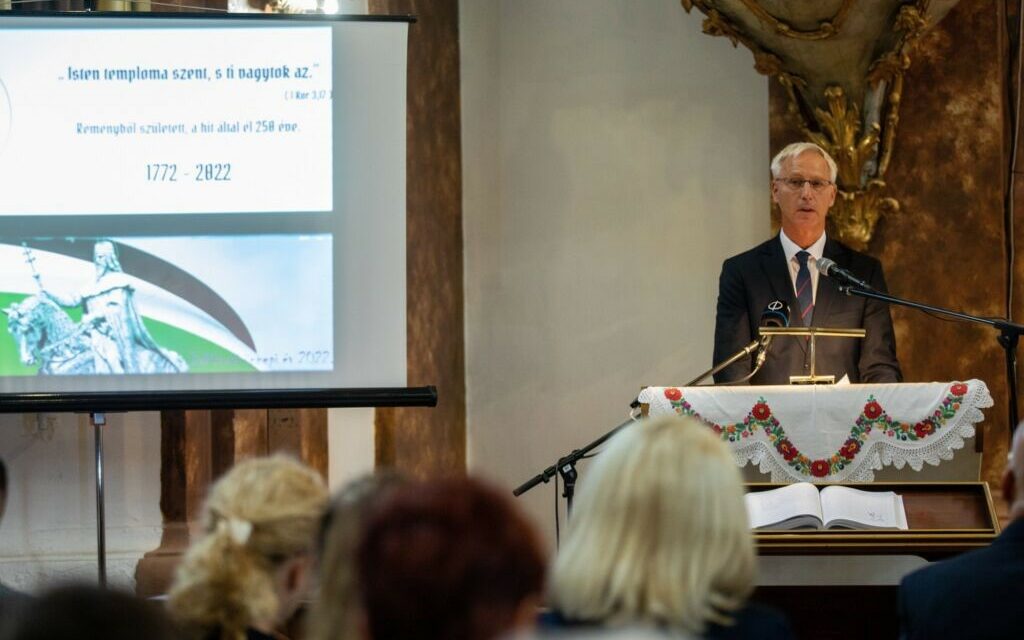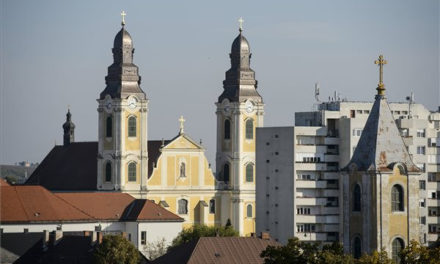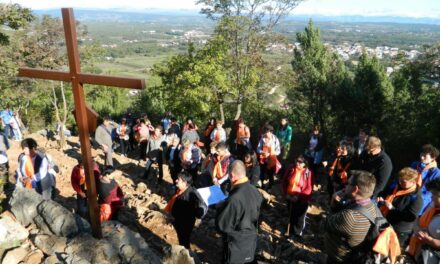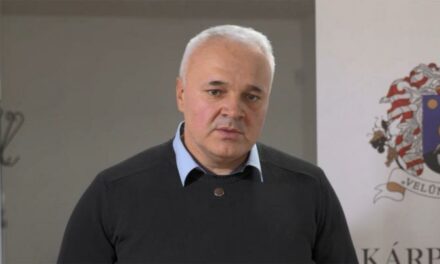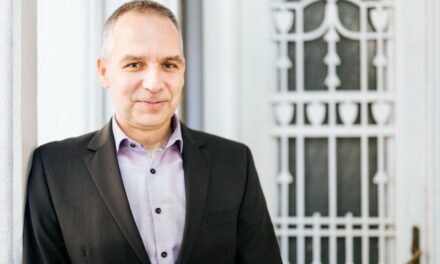Szent István's life was determined by the spirituality stemming from Christianity, he realized that without Christian faith he cannot create something lasting, the State Secretary of the Prime Minister's Office responsible for church and ethnic relations said in Makó on Saturday.
Miklós Soltész spoke after the celebratory mass held in the Parish Church of St. István Király, which was consecrated 250 years ago and was recently renovated, about how the Hungarian people survived the Tatar, Turkish, German and Soviet occupations - as proof that St. István was right; and was able to integrate Romanian, Slovak and Serbian families by helping them preserve their language, religion and culture.
The Hungarian people, despite the injustice of Trianon, strive for peace, stated the state secretary.
He recalled that the diocese of Csanád was founded in 1030, and its history is closely related to the organization of the Hungarian state in the Middle Ages. He also warns of the fight between Christianity and paganism, nowadays rather Christianity, as well as atheism, liberalism and anarchism, he declared.
He expressed his joy that the three current chief pastors of the once-separated Csanád Diocese, László Kiss-Rigó of the Szeged-Csanád Diocese, Csaba József Pál of the Temesvár Diocese and László Német of the Nagybecskerek Diocese, concelebrated the Holy Mass in the baroque church consecrated for a quarter of a millennium.
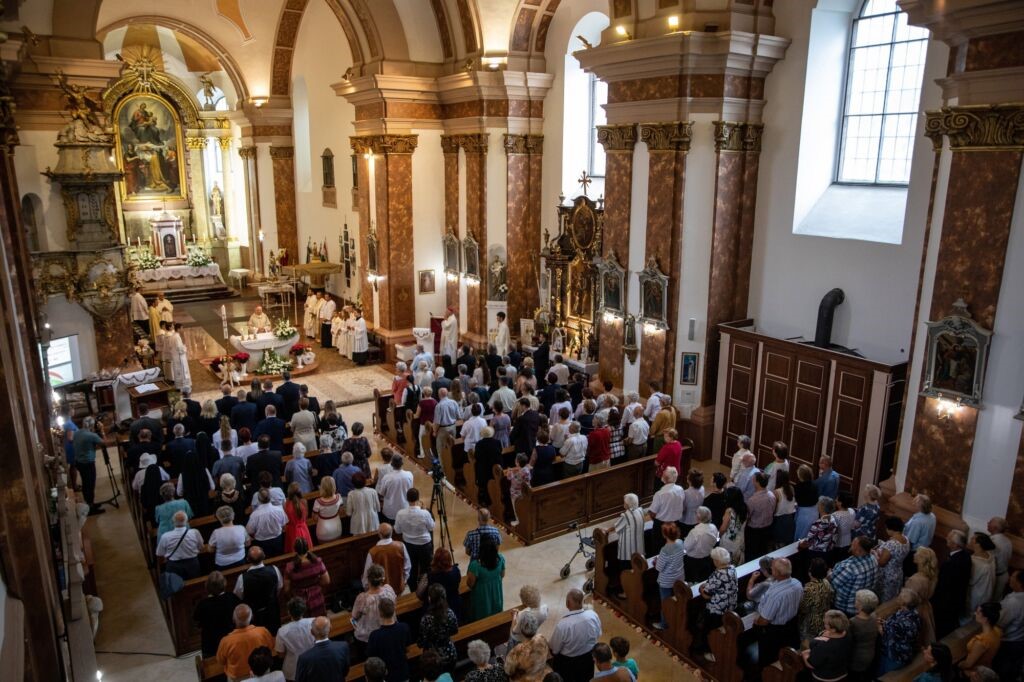
At the end of his speech, the state secretary quoted from King (Saint) István I's work entitled Intelmek and underlined: inactivity and indolence must be avoided, in this way the visible and invisible enemies can be defeated. A year earlier, Miklós Soltész said in his speech that the church in Makó could be renewed with full cooperation, because the State Secretariat supported the application submitted by the Romanian ethnic self-government with HUF 35 million.
MTI's full report on the event on the Vasárnap.hu portal.
Photos: MTI/Tibor Rosta

